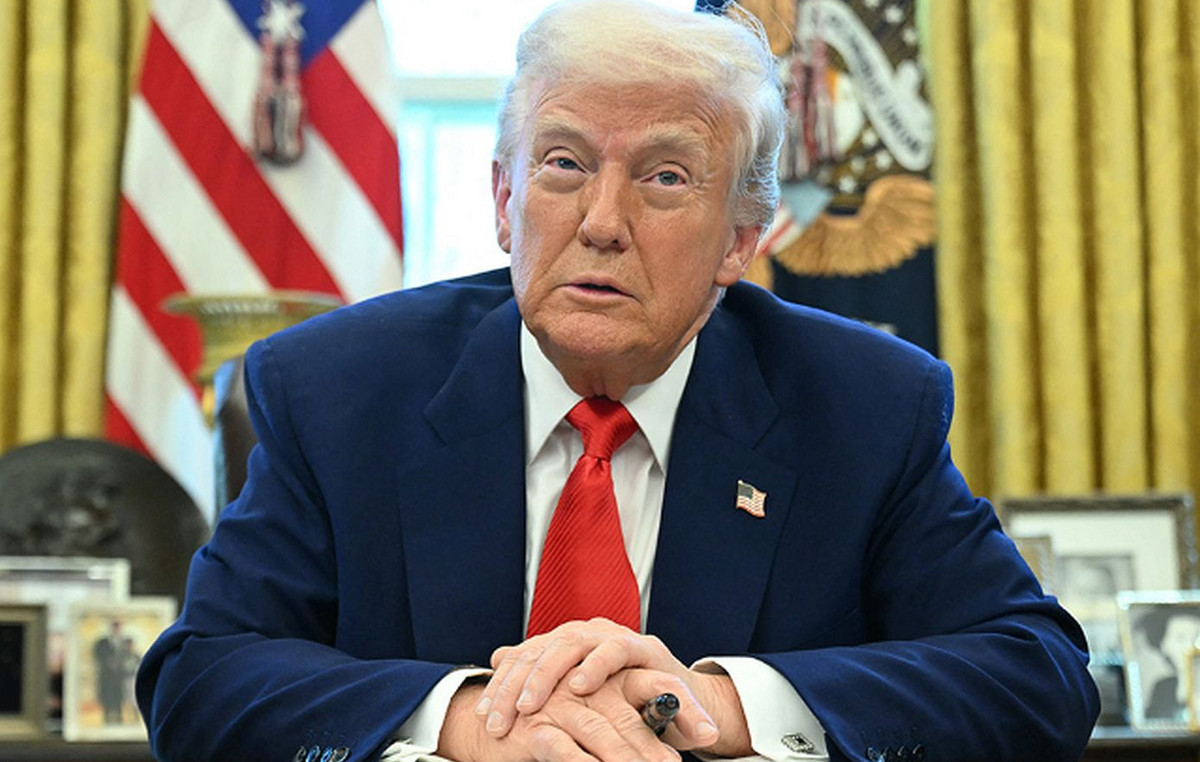Amid the clashes between the Minister of the Federal Supreme Court (STF) Alexandre de Moraes and the owner of X (formerly Twitter), Elon Musk, the debate on the regulation of digital media and social networks has once again dominated conversations in the online world.
What is the relationship between the Musk x Moraes case and this debate? For André Vellozo, CEO of Drumware, the relationship is clear. “The issue here is sovereignty. And sovereignty is in the issue of data today,” Vellozo told CNN .
“If you look at history, the way other countries have dealt with this issue, for example, China expelled technology companies from there. Europe, on the other hand, recently created the GDPR [Regulamento Geral de Proteção de Dados], which is data privacy regulation. Europe said: 'look, we are much more sophisticated and we are not going to expel anyone from here, but we are going to assemble everyone”, explains the expert.
In recent days, Elon Musk made a series of posts against Alexandre de Moraes, casting doubt on the operation of X in Brazil.
The businessman asks for the magistrate's resignation or impeachment on the grounds that Moraes' demands for the platform “violate Brazilian legislation”.
Last Saturday (6), Musk announced that he would release accounts on the social network that had been blocked by Brazilian court decisions.
This decision could benefit a series of influencers and exponents of Bolsonarism, who have had their profiles suspended.
Musk claims that the “heavy fines” applied by the minister are causing the social network to lose revenue in Brazil. For this reason, the owner of Tesla threatens to close the X office in the country.
For Vellozo, what is happening in the case of Elon Musk and Alexandre de Moraes “is a lack of clarity and understanding of what the political, financial and digital borders of the world are”.
Countries are competing for a position in the “data economy”, according to the expert, and this has consequences beyond the internet. “Imagine the data from the Amazon, the value of the data from an entire Amazon, the size of it; Imagine the data on the entire Brazilian population, opinions, what people do, consumption behavior. All of this makes the country what it is,” he exemplifies. Thus, according to Vellozo, countries are trying to take precautions to guarantee sovereignty over data generated within their borders.
“This issue of sovereignty goes through something called DPI today in the world, which is public data infrastructure”. DPI (Deep packet inspection, in English) is a technology that analyzes data traffic on the internet, identifying the type of content transmitted and the application or service used. This issue “is on the table of geopolitical discussions in the G20, India, the Middle East and the entire world. This is super relevant and this will scale throughout the world in different ways”, he concludes.
*With information from Renata Souza
Source: CNN Brasil
Charles Grill is a tech-savvy writer with over 3 years of experience in the field. He writes on a variety of technology-related topics and has a strong focus on the latest advancements in the industry. He is connected with several online news websites and is currently contributing to a technology-focused platform.







